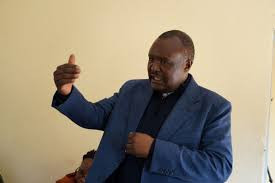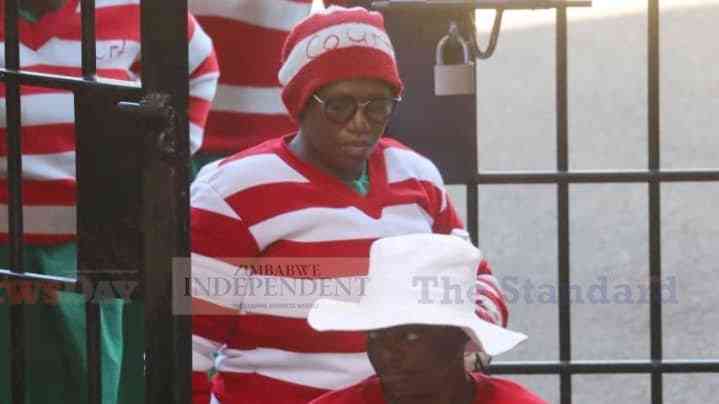
Its magic is that it feels startlingly familiar, whatever your politics may be. Each portrait in the 110-page collection is the product of prodigious observation and research that resembles a return to the 16th century Every (wo)man theatrical genre. Smoke and Ashes is set during an election that is held in March and then again in June, in a fictitious country. It is told through the eyes of a man and woman on opposing sides of the political divide whose reunion takes us through their mirrored lives: same ghetto growing up, same university, and same degree. It is an irony of disharmony, at once arcane and obvious. Cities of Dust chronicles the horrors and double standards of a smash up operation that sees the townships razed to the ground, while the neighbourhoods of the rich go untouched. Greased palms provide political protection in a commentary about the power of race and class in a society built on failed nationalism. Kaffir Corn is a story that ostensibly concerns itself with the abortive hopes of a “new farmer”, who having chased away the “inflexible Mr Allan Bradford”, comes face to face with “war vets” who claim to be the descendents of the original owners of Pangolin Farm, their ancestral land. A Wasted Land a story of two failed patriarchs, told by a young boy who within the space of a year survives the tragedy of their double back-to-back deaths. Preceded by Cicero’s quote, “Laws are silent in war,” both father figures survive the country’s war of liberation, only to die as the fruits of Independence are in blossom. This story was originally published in Contemporary African Short Stories, a Heinemann anthology edited by Chinua Achebe and included stories by Nobel Prize laureate Nadine Gordimer and Booker Prize winner Ben Okri.A Time of Locusts is an intimate tale about young love, innocence, loss, anger and grief. With lyrical simplicity the story stands out in the collection for its internal comprehension of the complexity of human existence and choice. It is also a striking example of how taboo and shame are resolved in a family that suffers a series of disturbingly dark tragedies, that can only be put right by an honour killing. It is ultimately a story about the attitude of solution, so evident in Zimbabwe over the last few years. As a young adult, a dissatisfied man returns home to his father’s deathbed to face the demons that have tormented him in A Secret Sin. This story captures the emptiness of the Diaspora experience, and the isolation of being at home. It is a nugget of feeling: dealing with identity and belonging in stirring prose. It also digs deep in the brain of a young man in search of his true place, and never quite finding it. Blunt Force Trauma is a story that unfolds around a death of a seemingly ordinary man living an ordinary life. As his body lies in the morgue of a crumbling public hospital –– a ghost of its former glorious self ––awaiting an autopsy, the details of his not so ordinary life come to light in bits and pieces that suggest an assassination. The interplay between an assault in police custody and an apparent armed robbery where nothing is stolen is in no way febrile. A pedantic, narratorial logic provided by the mechanical notes of a post-mortem report betray a society dealing with a culture of careless bludgeoning for whom no one is brought to account, ironically by the same cops. This is a collection so politically acute and sensitive that a reader cannot avoid recalling the clear influence of both Chinua Achebe and Dambudzo Marechera in the author’s seamless craft. The stories have a trans-generational appeal. The present can only be understood by turning backwards, to an uneasy past, and imagining the possibilities of a future for the cast of characters that have been frustrated in their dreams. They have flaws, indeed, and live by hope. But it is the tenderness with which the author deals with each character, relating to his diverse tapestry of protagonists as if they were part of his own, that makes the work a fluent portrait of troubled people in a troubled place. A complex network of slippery narrators provide all the coda: from a flag planted on a kopje in honour of a distant monarch in 1890 to Independence in 1980. The signifiers that this is the country where –– in the main –– all the intrigue unfolds, are all there. A cursory reference to Victoria Falls, to Lake Kariba, to Posa, to a militant women’s rights’ groups in battle with riot police chanting the revolutionary chorus, “Zimbabwe ndeyeropa, baba”. And yet readers will be left wondering why an author so capable of dealing deftly with detail has left Zimbabwe unnamed? It is a believability that is at once cruel and comic. Healthy doses of candor give breadth and wisdom to what is a collection of comic tragedy told with tenderness.
White Gods, Black Demons by Daniel Mandishona. 110 pages. Weaver Press 2009. Cover price $10 Isabella Matambanadzo











